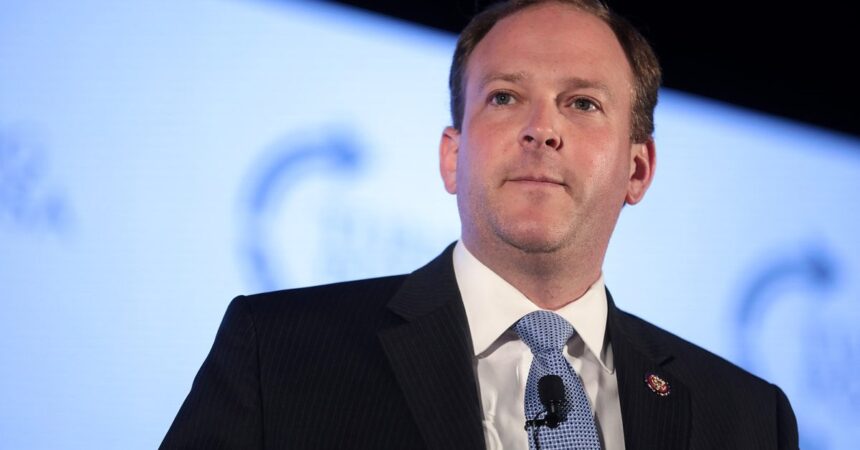The Environmental Protection Agency (EPA) is set to have a new head, with Lee Zeldin, a former New York Congressman and failed gubernatorial candidate, likely to take the helm. However, concerns are already arising about the potential impact of his policies, which could lead to dirtier air and increased health and fuel costs for Americans.
Zeldin does not have a strong environmental background, and environmental protection organizations have raised alarms about his past record on environmental legislation. During his time in Congress, he received the worst environmental score among the entire New York congressional delegation in 2020.
The period between 2017-2021 was marked by corruption at the EPA, with two heads having close ties to the oil & gas and coal industries. Scott Pruitt, who sued the EPA to stop clean air, was forced to resign due to corruption, while Andrew Wheeler, a coal lobbyist, attempted a massive bailout for the coal industry.
Zeldin has already indicated his intention to roll back EPA regulations implemented over the last four years. These regulations, under President Biden, are estimated to save Americans $250 billion annually in health and energy costs and prevent 200,000 deaths.
Rolling back these regulations could lead to increased air pollution, higher costs for healthcare and fuel, and ultimately more deaths. Zeldin has received significant financial support from the oil & gas industry, raising concerns about potential conflicts of interest.
Despite Zeldin’s assurances of protecting access to clean air and water, his proposed policy actions seem to contradict this statement. He has also expressed a desire for US “energy dominance,” which may conflict with strategies aimed at promoting clean energy and EV manufacturing.
While Zeldin has shown some bipartisan efforts in the past, his overall record on environmental issues is concerning. The recent Supreme Court decision limiting government agencies’ ability to change regulations may pose challenges for Zeldin in implementing his proposed policies.
In conclusion, the appointment of Lee Zeldin as the head of the EPA raises concerns about the future of environmental protection in the US. His past record and ties to the oil & gas industry suggest a potential rollback of critical regulations that could have far-reaching consequences for public health and the environment. It remains to be seen how Zeldin’s leadership will impact the EPA and its mission to protect the environment.







